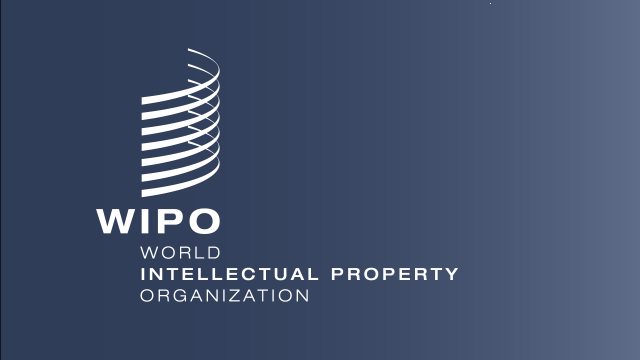World Intellectual Property Organization (WIPO)
World Intellectual Property Organization (WIPO) is a specialized agency of the United Nations, established in 1967, with the primary objective of promoting the protection of intellectual property (IP) rights worldwide. WIPO plays a central role in harmonizing international IP laws, facilitating cooperation among nations, and supporting innovation and creativity.
Background
The need for a global organization to address the challenges of intellectual property emerged from the growing importance of intellectual creations, inventions, and innovations in the modern world. WIPO was created to serve as a platform for fostering international cooperation and standardization in IP protection, with the aim of promoting creativity, technological advancements, and economic growth.
Objectives of WIPO
The World Intellectual Property Organization has several key objectives:
- Promotion of IP Protection: WIPO works to promote and develop effective systems for the protection of intellectual property rights across the globe.
- Harmonization of IP Laws: The organization endeavors to harmonize IP laws and regulations among member countries to facilitate international cooperation and reduce discrepancies in IP protection.
- Facilitating Cooperation: WIPO fosters cooperation and collaboration among nations in the field of intellectual property, including the sharing of best practices and expertise.
- Supporting Creativity and Innovation: WIPO aims to encourage innovation, creativity, and the dissemination of knowledge by ensuring that creators and inventors are duly recognized and rewarded for their contributions.
Key Functions of WIPO
- Administration of International IP Treaties: WIPO administers several international treaties related to intellectual property, including the Paris Convention for the Protection of Industrial Property and the Berne Convention for the Protection of Literary and Artistic Works.
- Patent Cooperation Treaty (PCT): WIPO operates the PCT, which provides a streamlined process for filing patent applications in multiple countries.
- Madrid System for Trademark Registration: WIPO manages the Madrid System, a centralized mechanism for registering trademarks in multiple countries through a single application.
- Arbitration and Mediation: WIPO offers arbitration and mediation services to resolve IP disputes between parties from different countries.
- Capacity Building and Technical Assistance: WIPO provides technical assistance and capacity-building programs to help developing countries improve their IP infrastructure and enforcement mechanisms.
Significance of WIPO
The World Intellectual Property Organization holds immense significance in the global landscape of innovation and creativity:
- Global IP Standardization: WIPO’s efforts to harmonize IP laws and treaties facilitate a consistent and predictable environment for creators, inventors, and businesses worldwide.
- Protection of IP Rights: WIPO’s activities and treaties contribute to the effective protection and enforcement of intellectual property rights, promoting innovation and investment in research and development.
- Facilitating International Trade: The protection of IP through WIPO’s mechanisms encourages cross-border trade and technology transfer, benefiting economies and consumers alike.
- Promoting Access to Knowledge: WIPO supports the dissemination of knowledge by ensuring a balance between IP protection and access to information for educational, research, and public interest purposes.
- Encouraging Creativity and Cultural Diversity: By recognizing and protecting IP rights in various creative fields, WIPO fosters cultural diversity and encourages artistic and literary expressions worldwide.
World Intellectual Property Organization (WIPO) serves as a vital global institution that promotes innovation, creativity, and the protection of intellectual property rights. With its focus on harmonization, cooperation, and capacity-building, WIPO plays a crucial role in shaping a balanced and inclusive global IP ecosystem. As technological advancements and creativity continue to drive progress, WIPO’s role in safeguarding and encouraging intellectual property remains indispensable in shaping a sustainable and innovative future for humanity.


